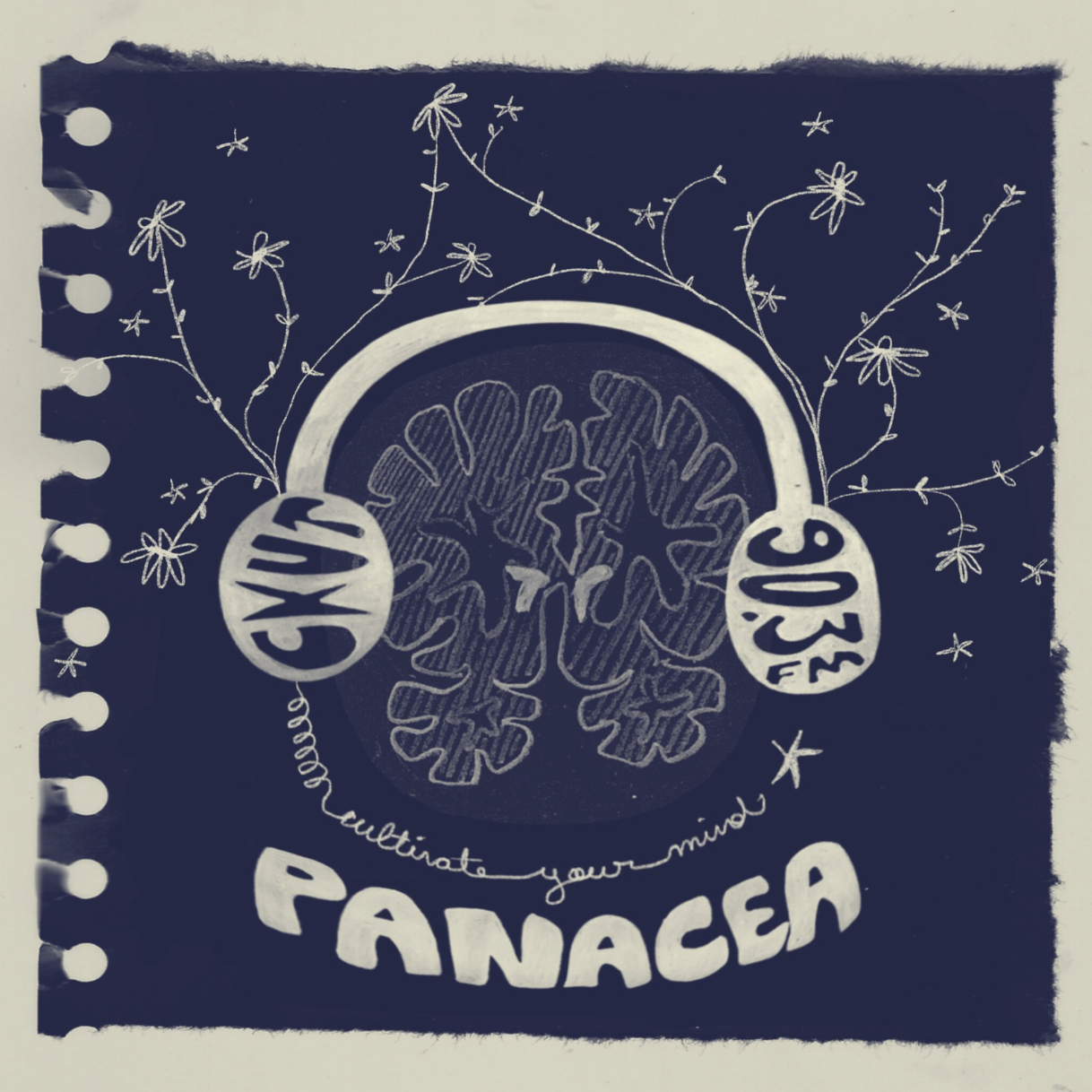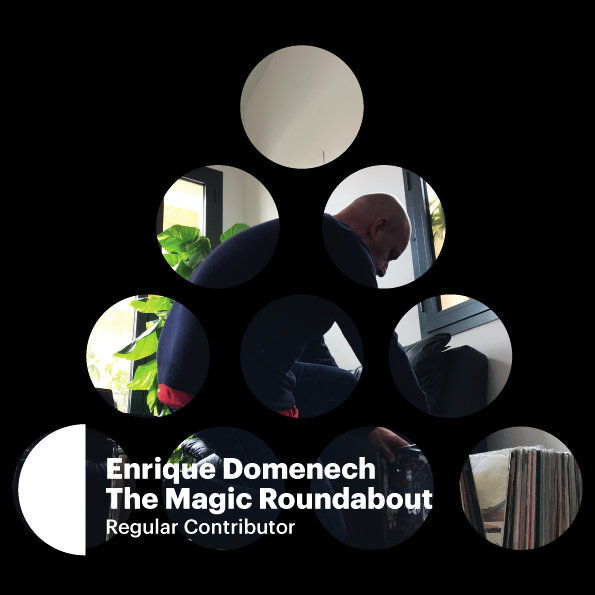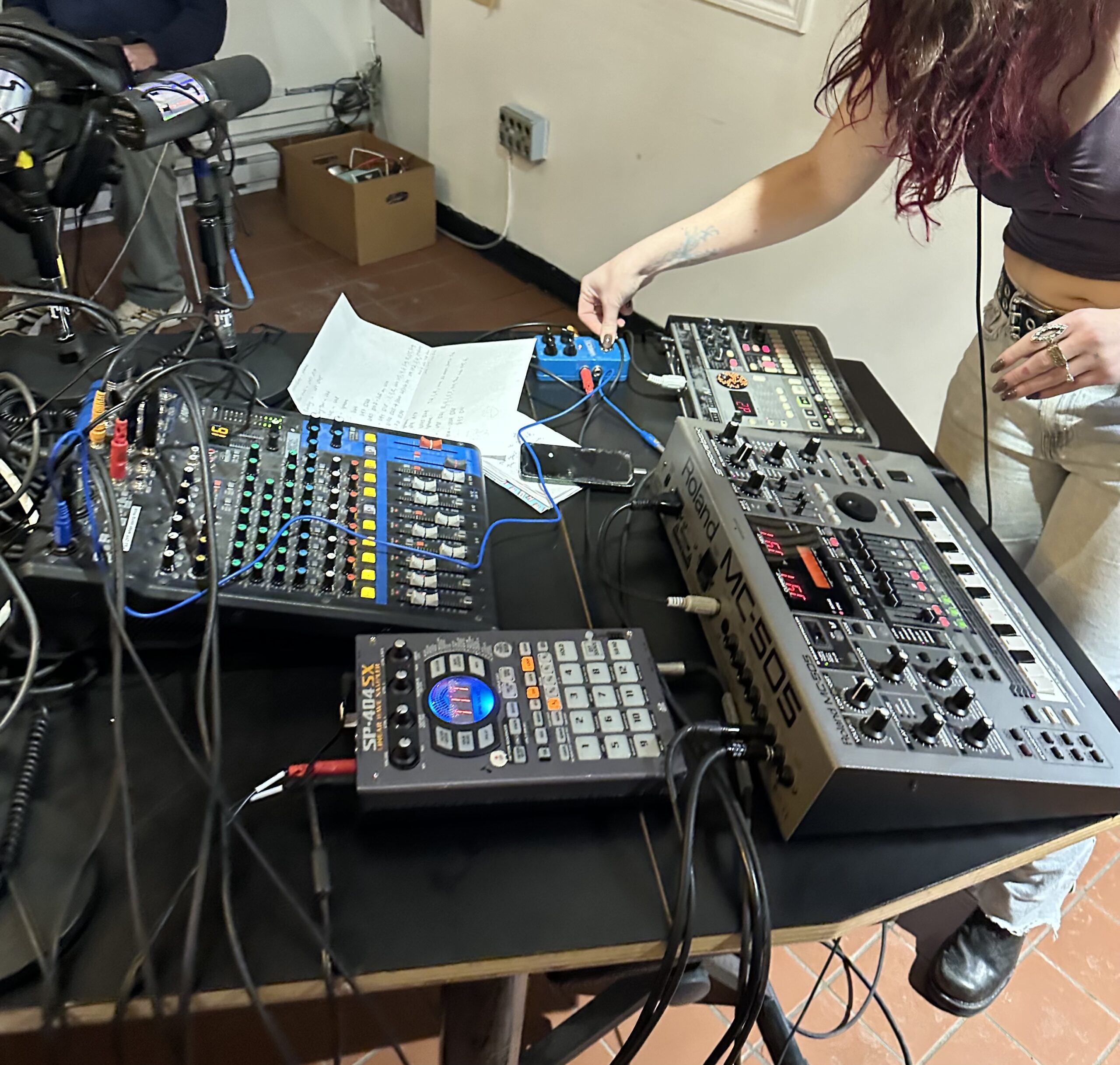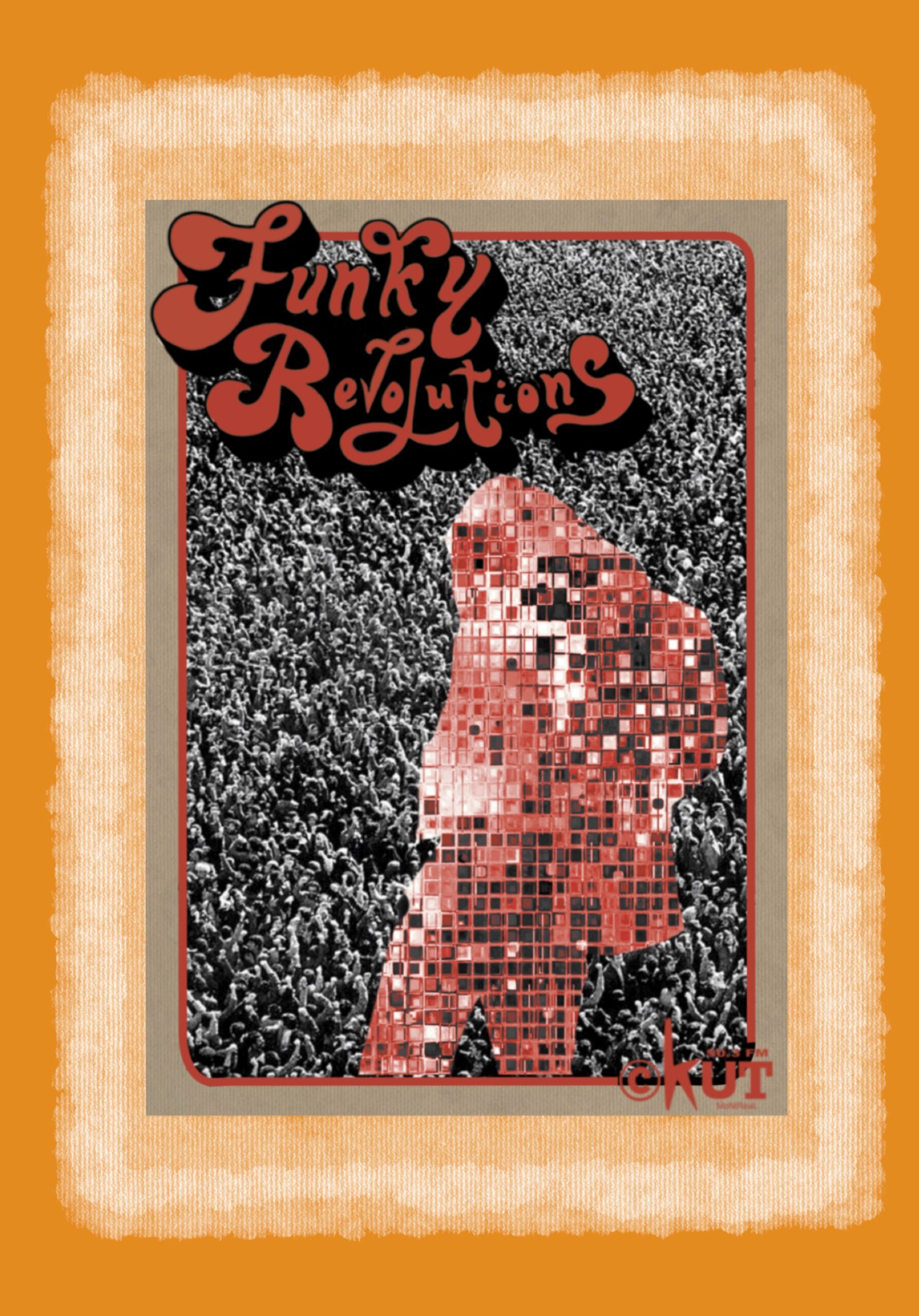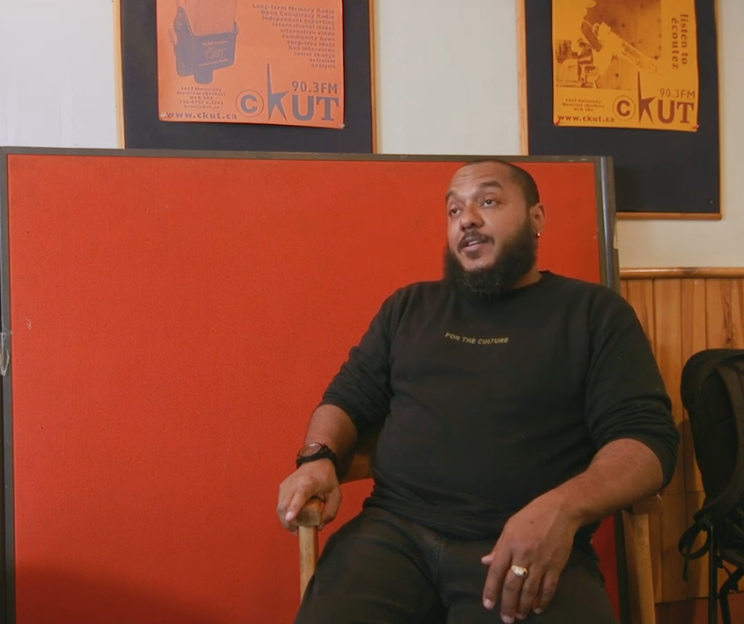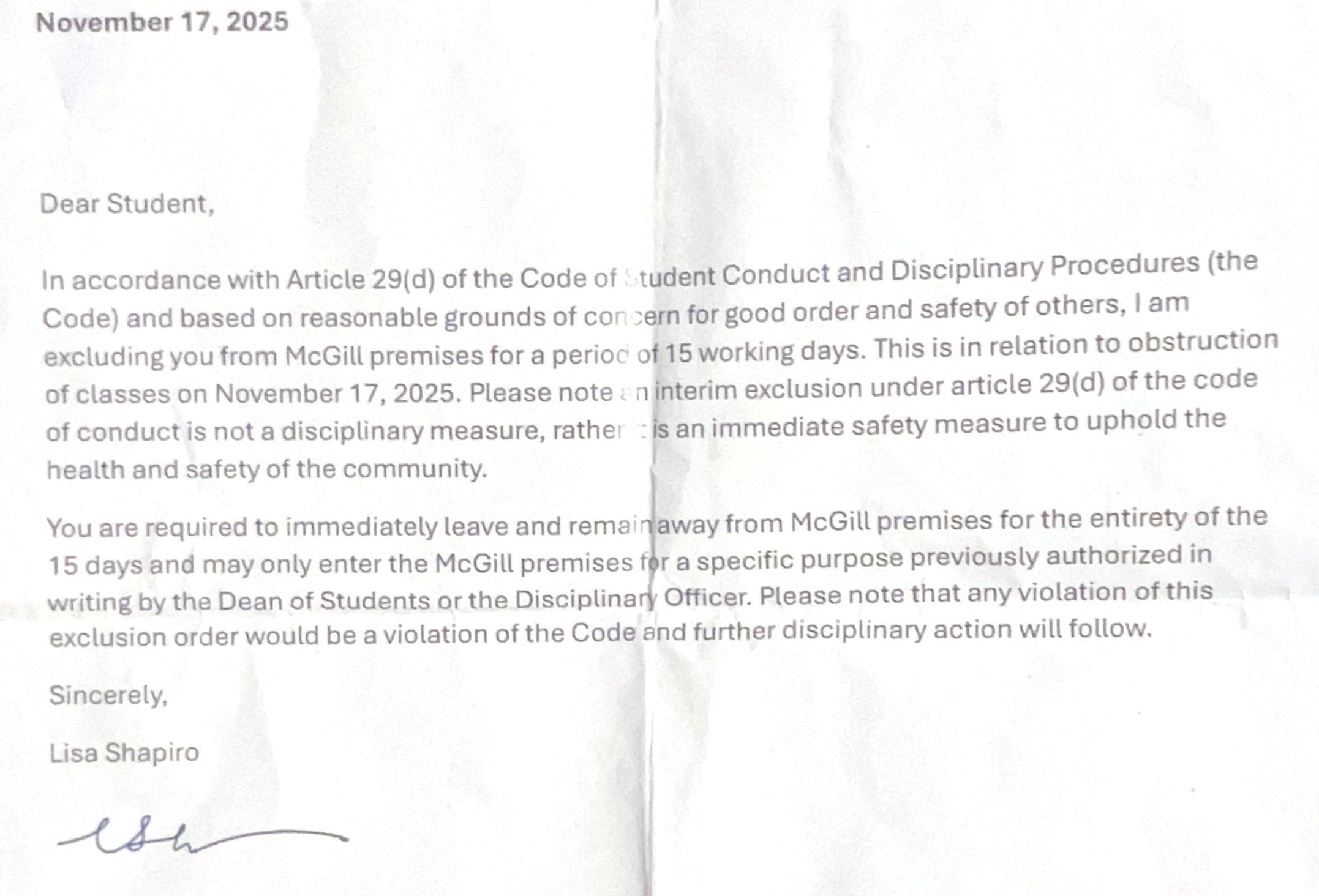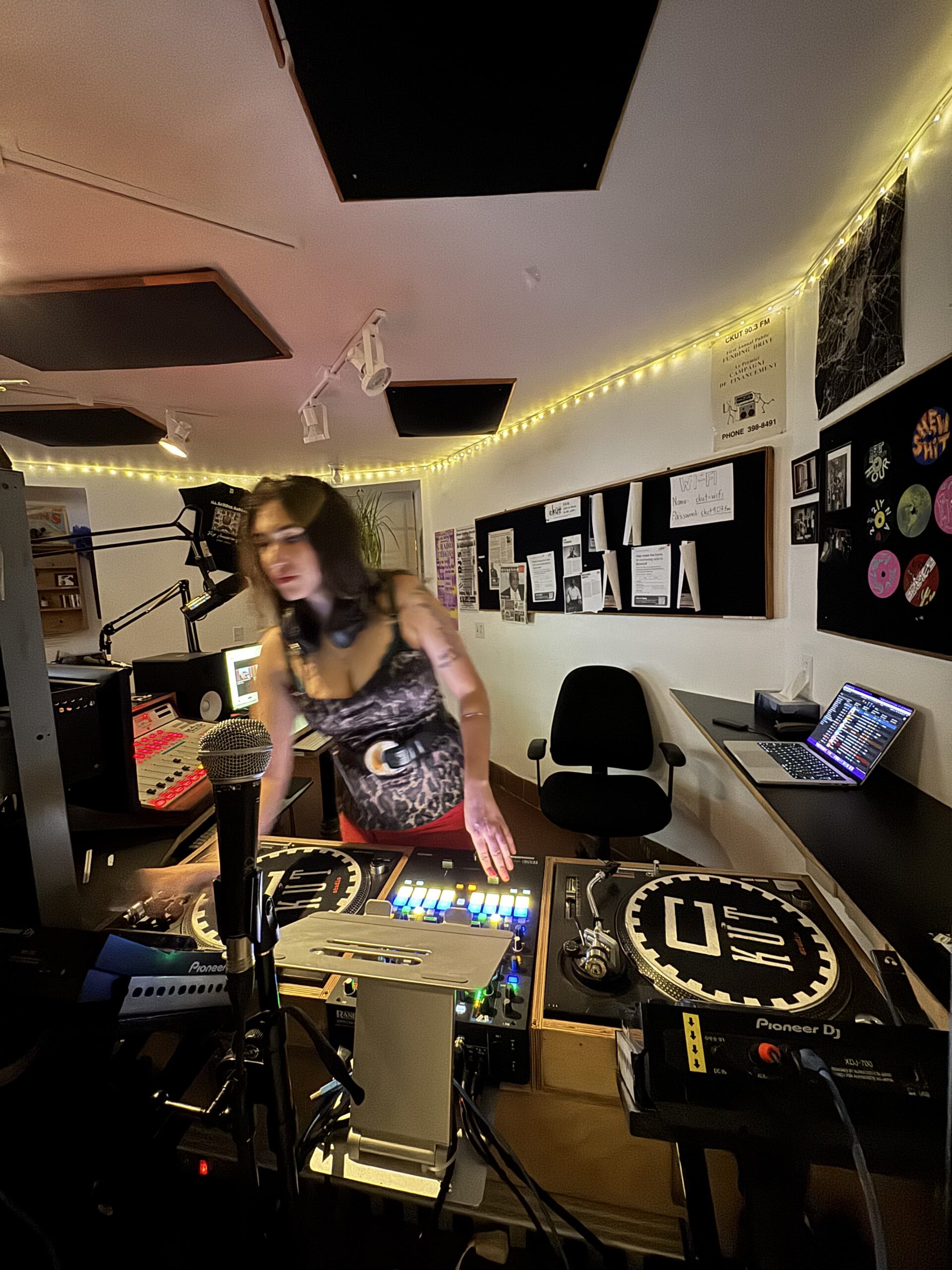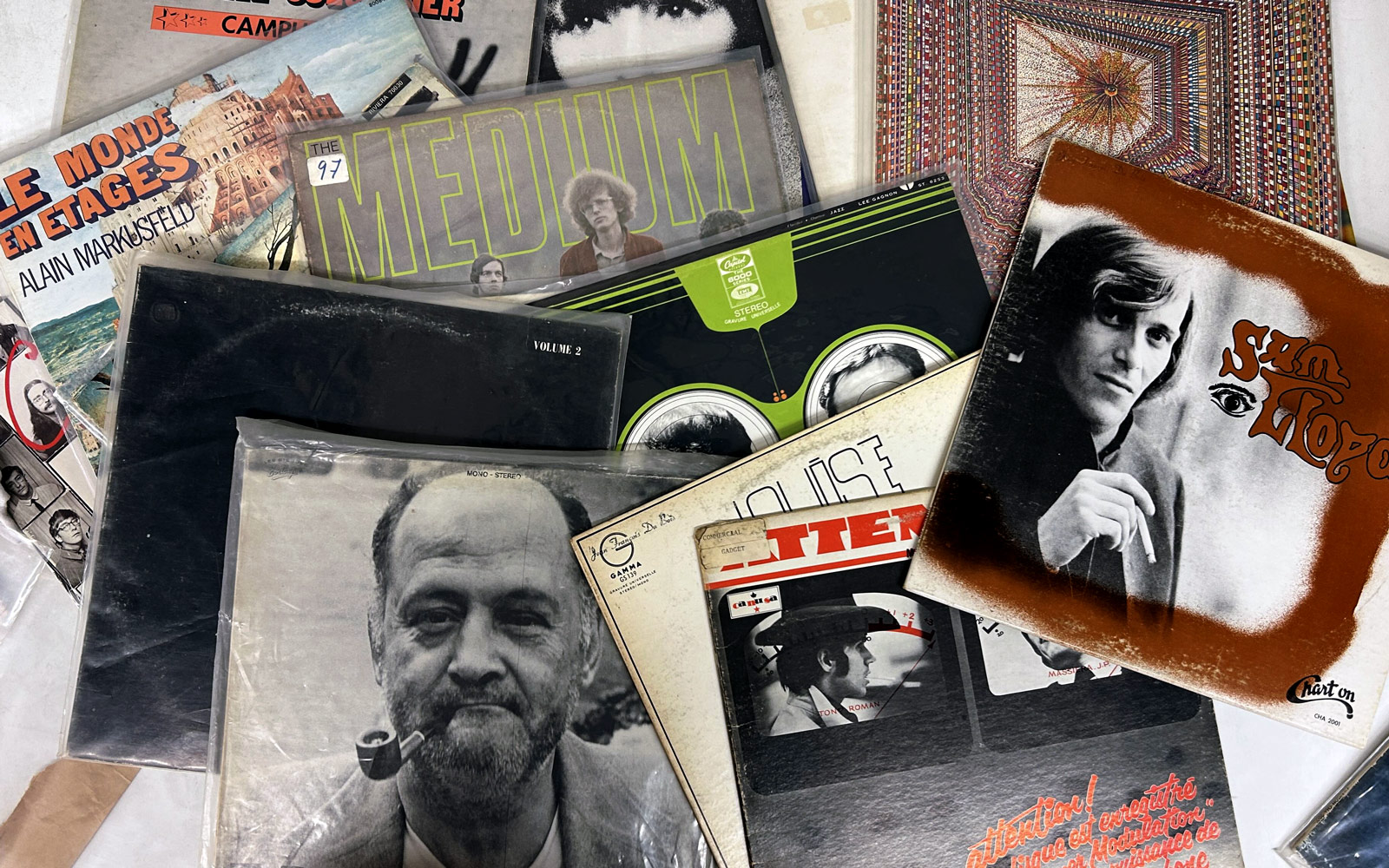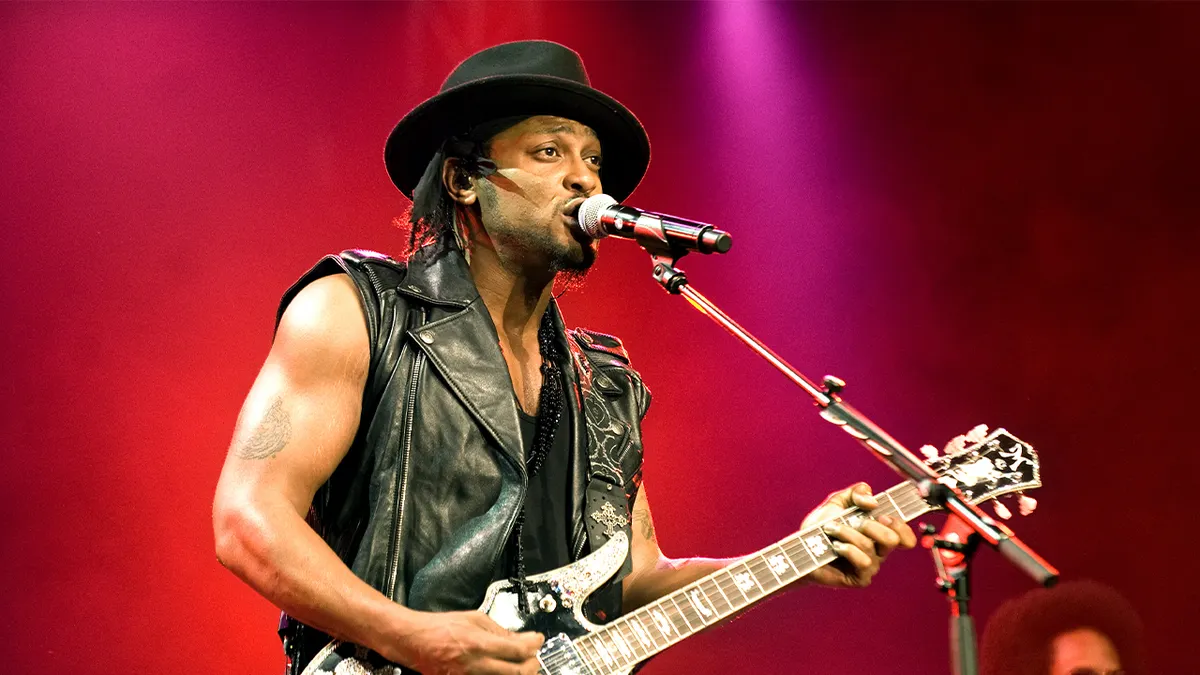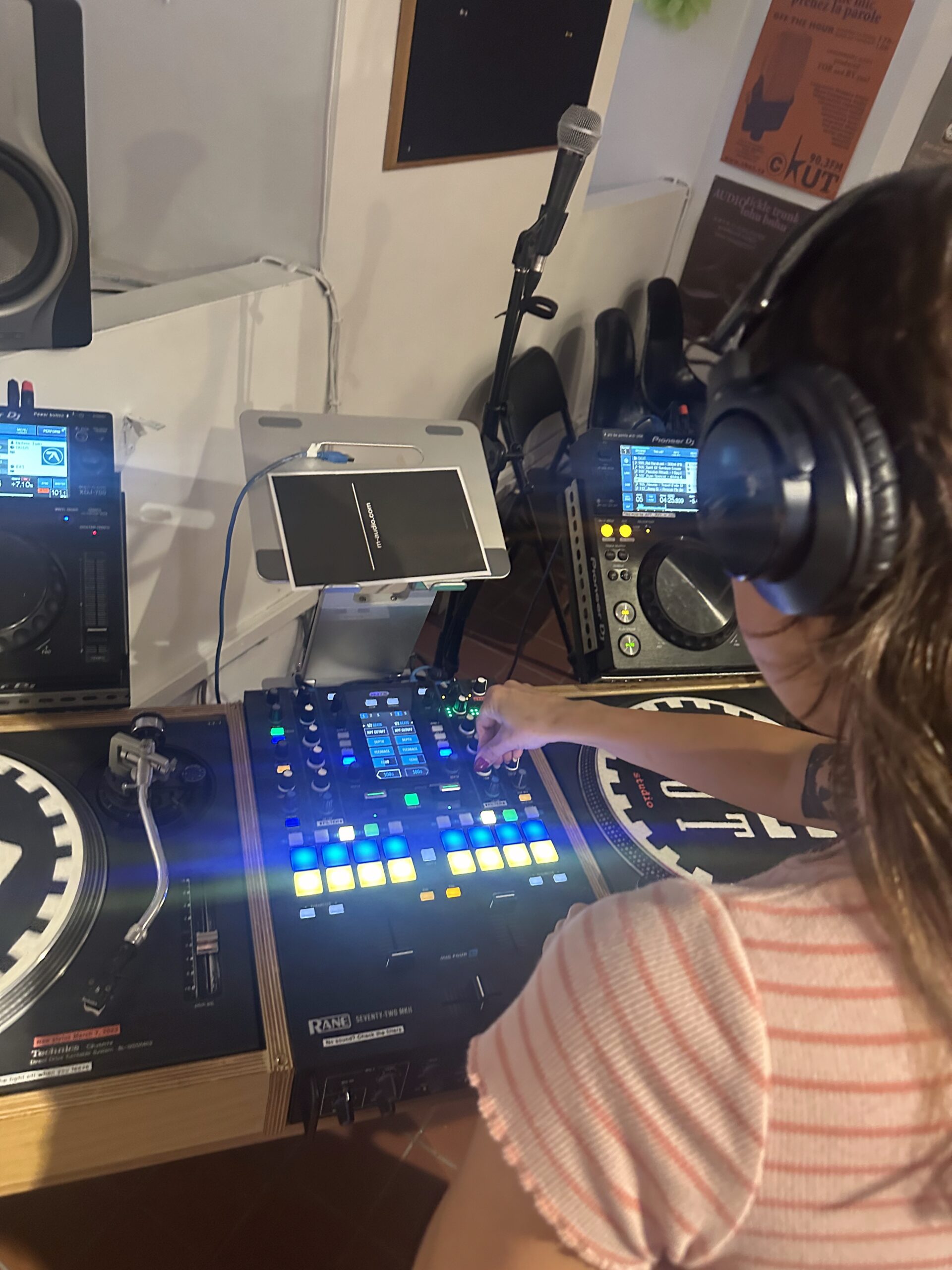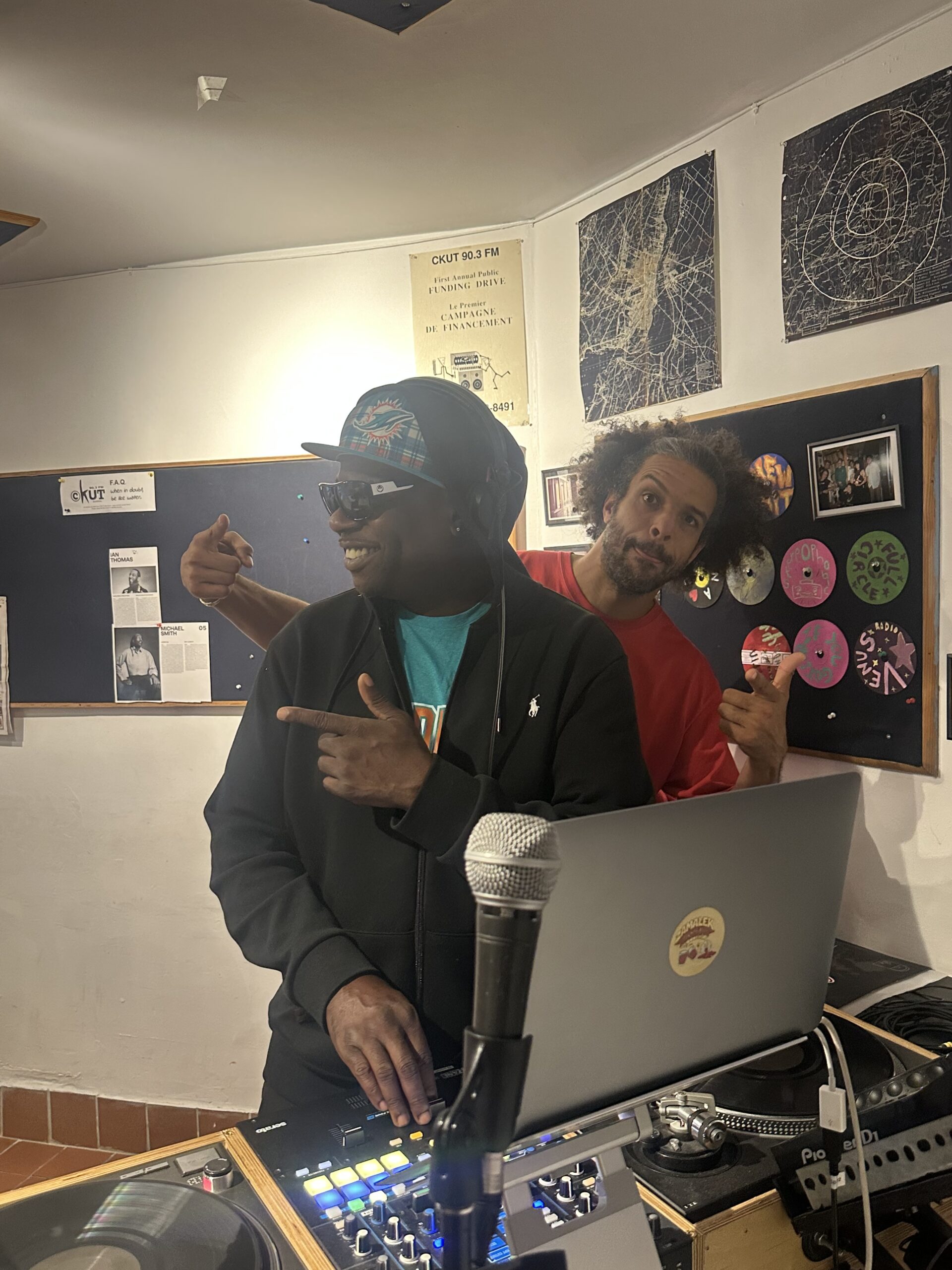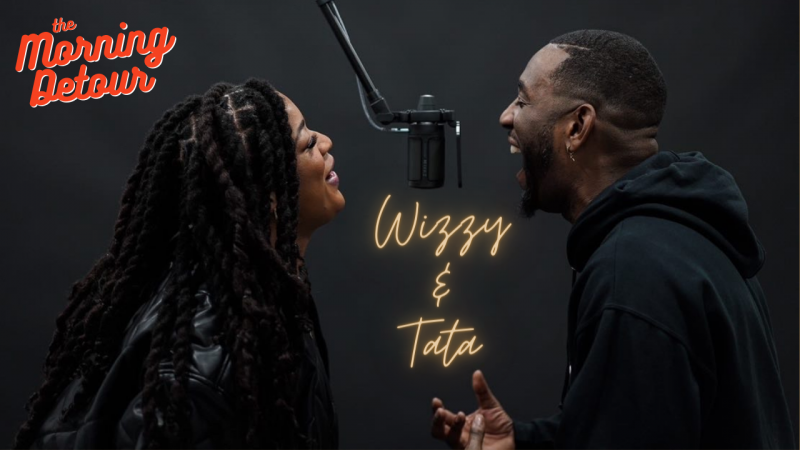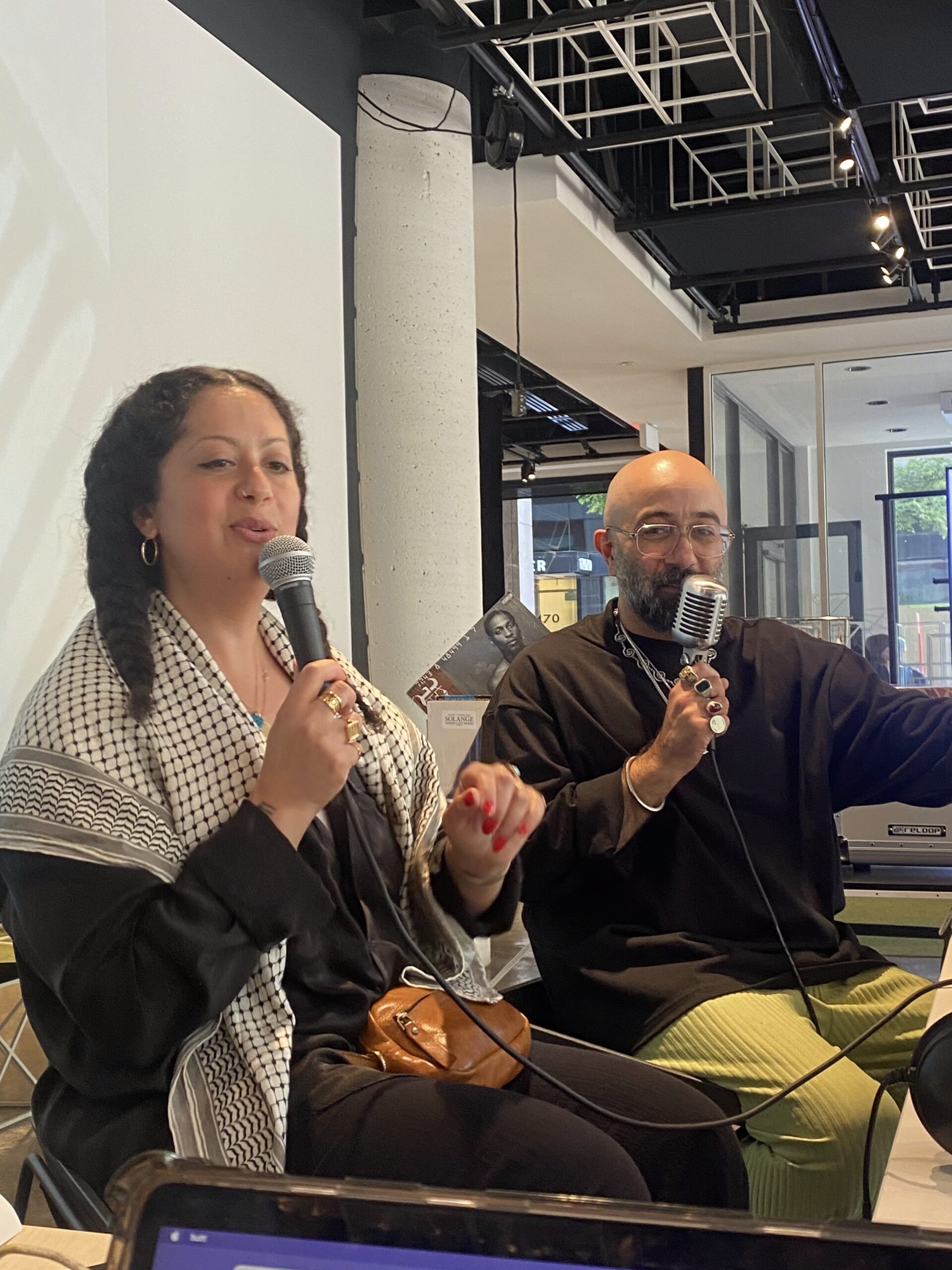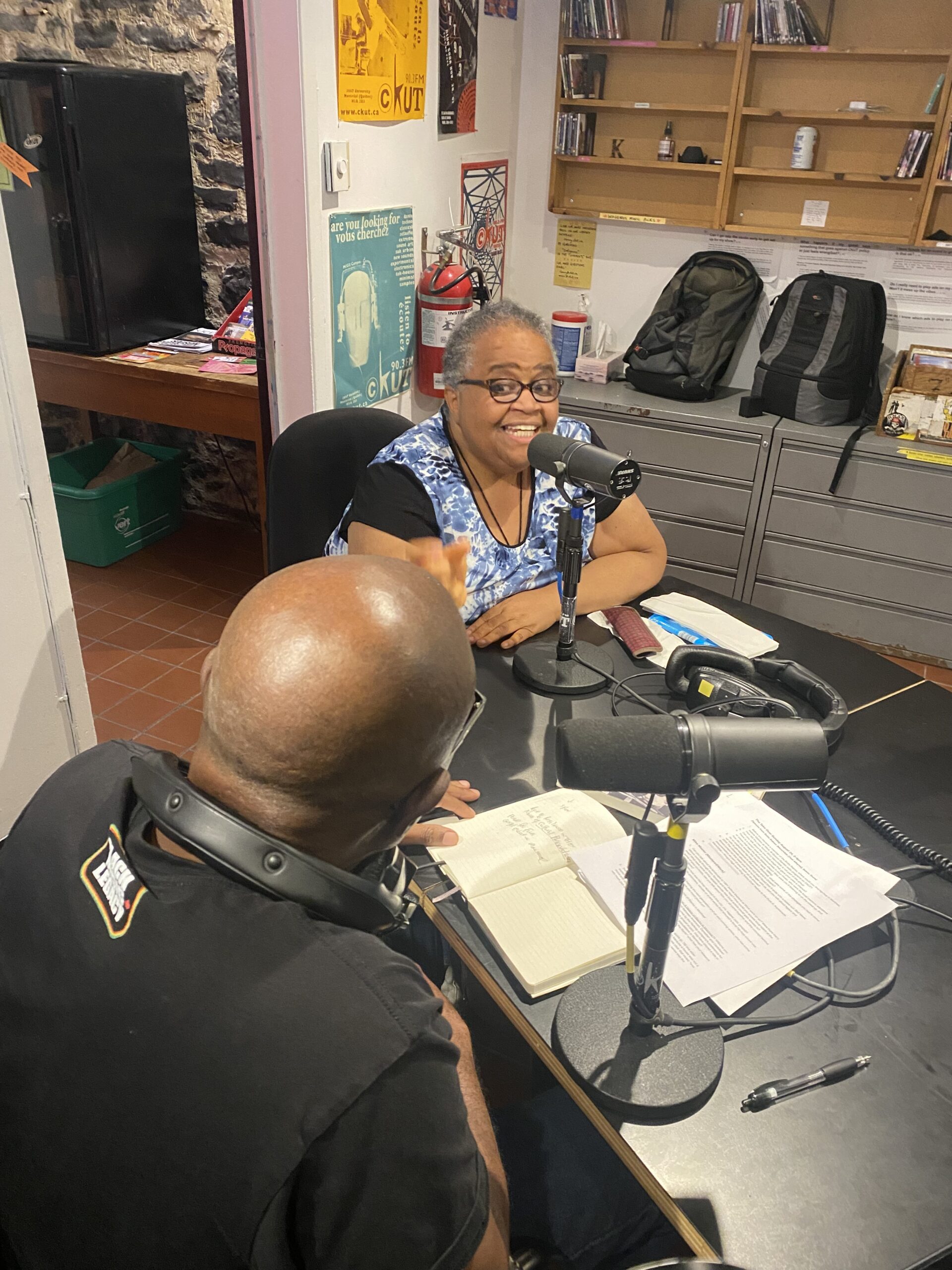Ensemble Obiora interviewed by Julia Dyck!
By Julia Dyck
Ensemble Obiora, Canada’s newest and most diverse classical music ensemble, is preparing for their inaugural concert on August 28th. Founders Brandyn Lewis, a professional bass player in the Montreal Symphony Orchestra, and Allison Migeon, arts manager, are excited to share the ensemble’s incredible talent and a repertoire of less-familiar compositions with curious listeners.
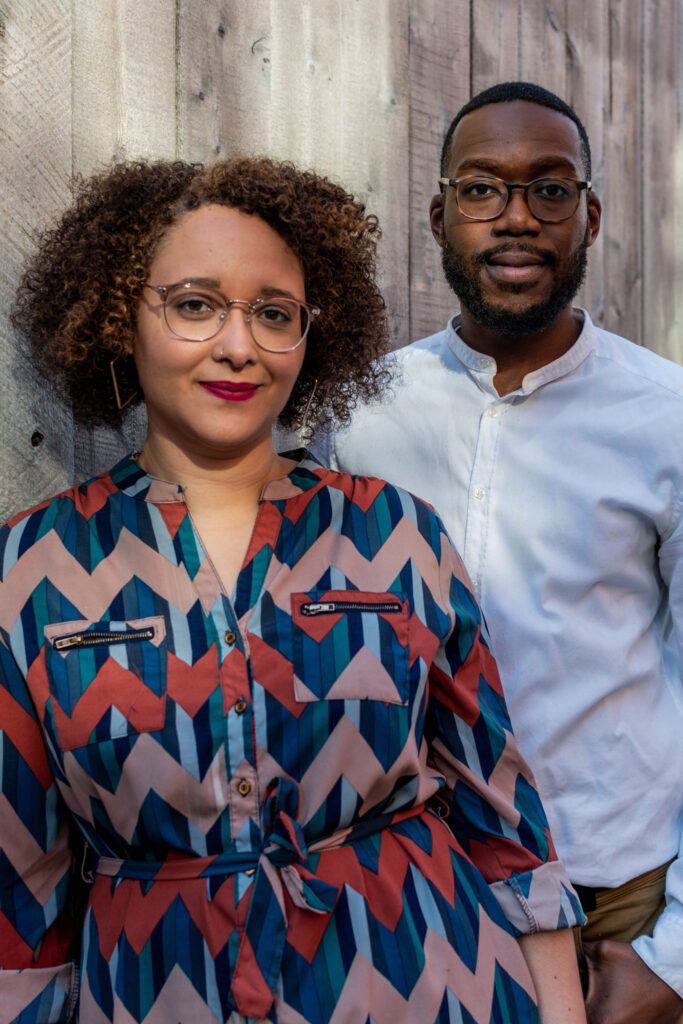
JD: I understand that Ensemble Obiora is quite a new initiative. How did this come together and what motivated you?
BL: The idea came about in March or April and a motivator was really to increase diversity in classical music. We spoke to a lot of musicians of color in Canada and it’s something that they wanted to create but didn’t really know how to do, so we thought this is a great time, especially with the events last year, to start something in Canada and really let audiences know about this whole wealth of talented musicians, but also composers who music history has not put in the spotlight.
JD: Who is involved and how did you put the ensemble together?
AM: The ensemble is currently 30 musicians of different origins, with the goal being to have as many diverse musicians as possible.
BL: Because I’ve been working in Montreal and I went to school with a lot of musicians, I already had an idea in my head of which musicians to choose from, and the more I progressed, the more names I found, the more people I discovered. I realize there are actually a lot of musicians of color that I just did not know about; we’re sort of like peeling the layers and finding more and more and it makes me so happy to see this.
AM: There are also musicians who heard of us and contacted us directly.
JD: I understand from an outsider perspective that classical music is grounded on these principles of virtuosity and colonial, patriarchal, imperial ideas of excellence. So I’m curious, for this initiative, what is it about classical music that you appreciate and want to keep and bring forward into this project, and what do you want to change or divert from?
BL: Well, I think the points you mentioned, the virtuosity and the technical proficiency, all of that we definitely want to keep, because what we want to show first and foremost is the exceptional talents of our musicians, and to show that we’re all playing at a high level. The musicianship is also important. What we want to divert from is this elitist way of thinking. We’re trying to build the communities that were not allowed to participate in classical music historically. We see a lot of examples of highly skilled composers in the different musical eras that were shunned and were not given an opportunity to really shine because of their skin color. We want to open the doors to anyone who’s interested and we just want to show that it’s a possible career path, and one can be successful if one puts the time in and is motivated, of course with a lot of hours of practice.
AM: What is special is that many musicians from Afro cultures studied Western musical traditions. We want to show the mix between these two cultures, and that there were composers who also came from this culture who were a part of classical music but were pushed aside.
JD: I understand you want to expose listeners to this repertoire of underrepresented composers. So can you speak a little bit more about some of the pieces that the ensemble works on and some of the composers whose work you play?
BL: We’re going to open the concert with a short wind quintet by Jeff Scott, who is an American horn player from the Imani Winds. He actually just retired recently but he’s been in the quintet for over 20 years. This wind quintet is composed largely of musicians of color, and I think they’re one of the more important chamber groups in the 21st century to highlight this diversity, not only in the musicians, but the pieces that they play – a lot of the pieces are composed by their own members. That will be followed by a Nonet by Samuel Coleridge Taylor, who is a mixed-race English composer of the late Romantic Period. He is someone who was also put on the side in English society and so a lot of his music hasn’t been fully developed. It’s becoming more developed now, especially in the UK and a little bit in the States. That will be followed by Joseph Boulogne’s Symphony Number one. He was a contemporary of Mozart, actually born before Mozart, yet he’s always called the Black Mozart. Mozart stole some of the elements of his music and he never got the credit for it.
AM: And there’s the case of Joseph Boulogne who was a French mixed-race composer whose mother was a slave and father was a plantation owner so he was sent to France to study music. He was privileged by having the noble status so he had a great education and his candidacy was sent to the Opera de Paris (at the time the Académie de Musique) but it wasn’t accepted because the singers in the opera didn’t want to be under the order of a mixed-race person, even though he was known for his talent.
BL: For example, in all of my music history classes, I was never taught about these composers. Maybe in a specialized course on 20th century opera I learned about one or two Black composers, but for a lot of us, Black musicians, we have to do all the research on our own. I only just learned in the last year of all these composers, especially American composers that have been writing music for the better part of the 20th century.
JD: How do you imagine the experience will be different for the listener on the 28th coming to see your ensemble? Rather than experiencing a concert of the Symphony Orchestra, or some of the other longer standing classical ensembles?
BL: Well, I think one of my hopes is that the audience members leave with a lot of questions and a sense of curiosity to discover more of these composer’s works. I think if we can really do that, then we’ve succeeded, because they just need to know about them, someone needs to present it to them. Our job is to perform at our best and give a convincing performance. For example, I performed a symphony by William Grant Still, who was an Afro American composer in the 20th century, and I was reading some of the comments in the live stream and a lot of the audience members had never heard of him, but loved his music and were like “Oh, my gosh, thank you for sharing this with us. I never knew who he was and I’m looking forward to learning more about his music.” So I think that’s one of the aspects that I’m looking forward to.
AM: We also hope people will find a new connection with classical music through the stories of the composers and realize that it’s legitimate and they can enjoy it as well. I know that young people are interested in classical music and they don’t have the same ideas about who it’s for or who can play it. Maybe it will change the mentality. We hope that the kids who come to the concert will see that there is a possibility there and they have the right to enjoy classical music.
BL: We do realize that not everyone is going to like the music. For a lot of people, it’s just not in their cultures, and a lot of people don’t feel comfortable going outside of their own cultures. We don’t want to force this on anyone. But if we can reach just a small percentage, for us, that’s a great job. It makes us happy to see that we can touch people’s lives like that. I wish I had Black classical music role models when I was a young kid, so I’m trying to be that for this next generation.
AM: We know how important it is.
BL: I think there’s already so much excitement about this, because this is the first time that an ensemble like this is created in Canada, to our knowledge, and I think with this, this climate we’re in, it’s the perfect time. Life before the pandemic was so busy and always on the go and this past year forced everyone to stop and really think about what’s truly important in life. And that’s when we notice all the inequalities that are going on. And it’s a lot. It’s emotionally draining. But I think we’re trying to do our best here.
JD: What’s behind the name, Obiora?
AM: Obiora is a Nigerian first name that means “the people’s heart or desire” and we wanted to find a word that was strong and represented something. Also, we both come from the Caribbean but we realized that our origins are both Nigerian from a DNA test.
AM: We’re working on some other concerts and other projects. We’ve been very lucky to have the support of people and institutions. This concert is supported by the Centre National des Arts. We’re also lucky to be supported by the CAM for another project in September and we have been in communication with community organizations and have many projects on the horizon.
BL: The final goal is to create a symphony orchestra. We have a database of musicians, and we pretty much have all of the instruments required. We keep adding more and more all the time. We would also like to have an educational aspect to it as well for young kids.
AM: For the moment we are focusing on composers of the African diaspora but it’s not going to be our main focus. We want to perform the work of many different composers and especially female composers. The goal is to be as large and diverse as possible in our future projects.
